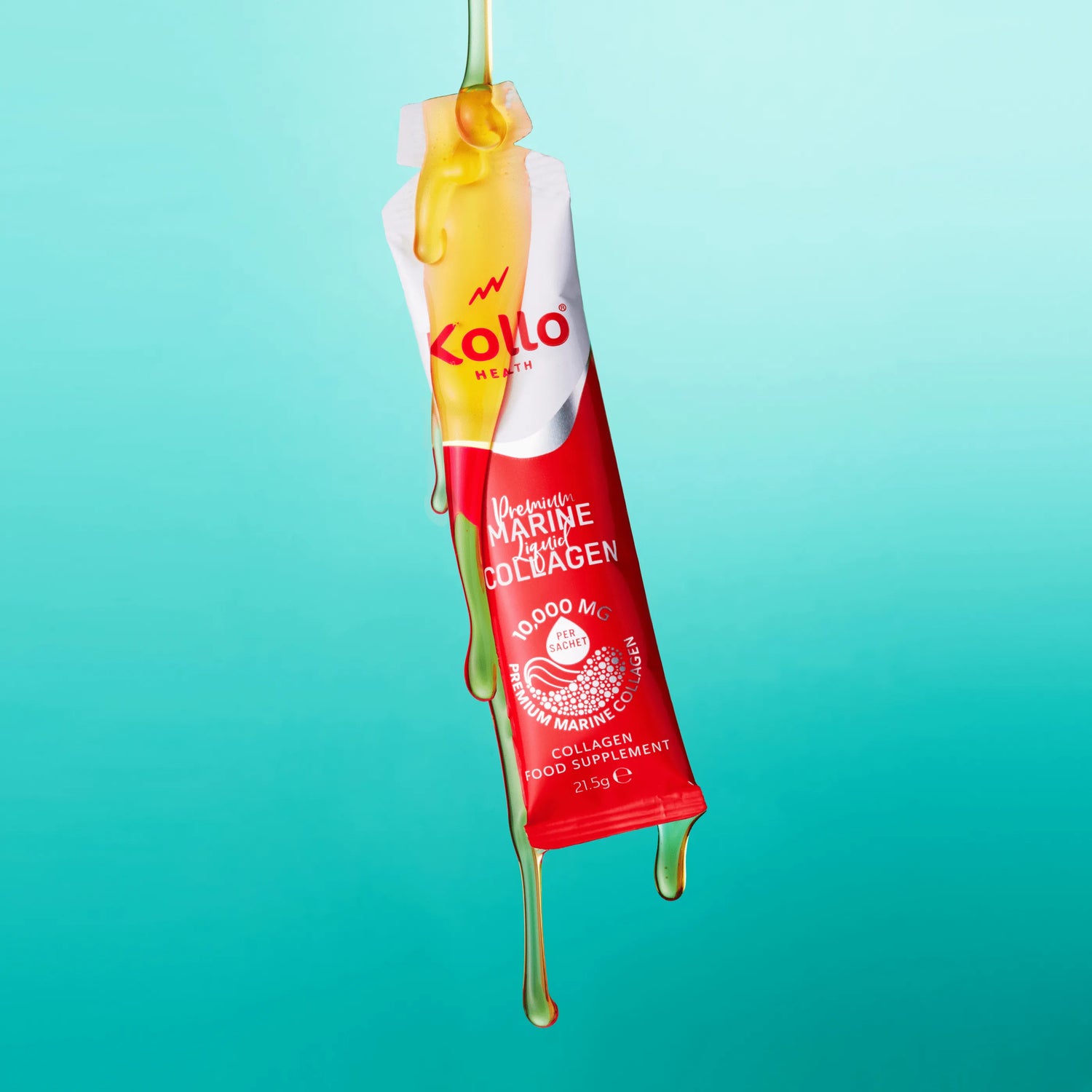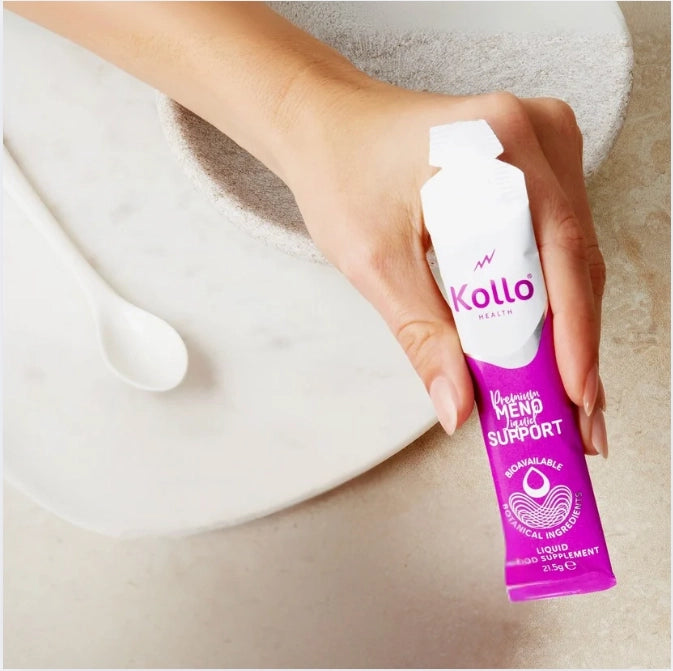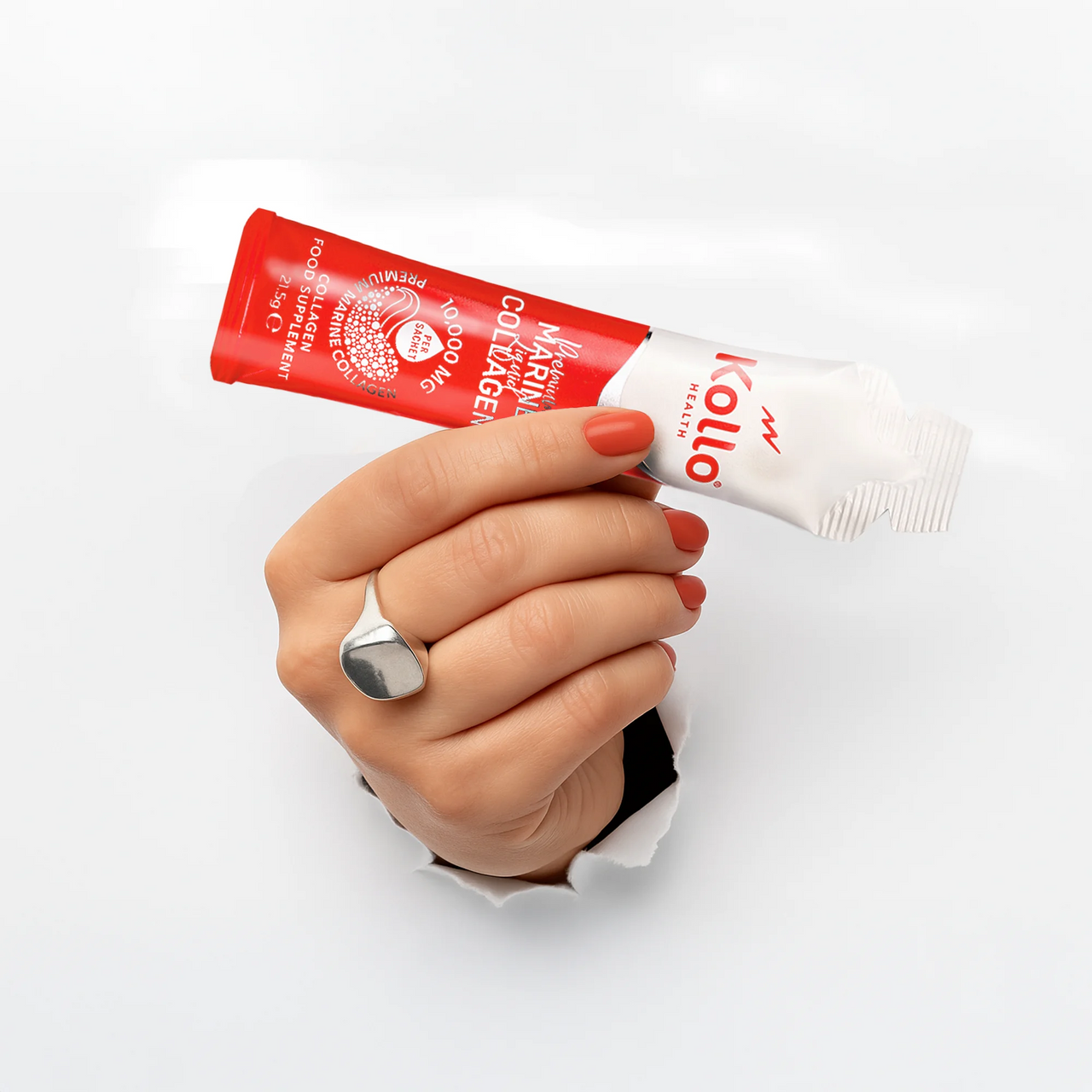Oh no! While playing your favourite sport, you've injured your knee! It's a very painful injury; you can imagine being out of commission for a long time. But, what if there was a secret ingredient that could speed up your recovery, strengthen your body, and get you back to the activities you love?
Welcome to the world of collagen, a protein gaining attention for its incredible healing properties.
Introduction
Sports injuries are common, especially among athletes and active individuals. Whether it's a sprained ankle, torn ligament, or broken bone, healing can be a long and painful process. There are many options available to recover from an injury. Nowadays, some people are turning to collagen supplements.
But what exactly is collagen? Are collagen peptides helpful for athletes? In this blog, we will explore the role of collagen in the body and how it can speed up the healing process after an injury.
What is Collagen?
Collagen is a protein that makes up a large part of our body. It's found in skin, bones, muscles, and tendons. Think of it as the glue that holds everything together. Collagen provides structure and strength to our tissues.
There are many types of collagen, but the most common ones in the body are Types I, II, and III. They’re essential for skin elasticity, joint health, and tissue repair.
As we age, our body produces less collagen. When we reach our mid-20s, collagen production begins to slow down. This decline becomes more noticeable in our 30s and beyond, leading to slower injury recovery. Reduced collagen levels mean our tissues lose strength and flexibility, making us more prone to injuries and longer healing times.
What Do Collagen Supplements Do?

Collagen supplements can help counteract this natural decline. By providing the body with extra collagen, these supplements support the repair and regeneration of tissues. When taken regularly, collagen supplements can aid in wound healing, strengthening bones, and recovery of tendons, ligaments, and muscles. It's particularly beneficial for people who need to recover quickly and maintain peak performance.
Add multivitamins with collagen, and you’ll have a complete system to help your body. These supplements are usually made from animal or fish sources. They come in various forms, such as powders, pills, and drinks.
When you take a collagen supplement, your body breaks it down into amino acids. These protein building blocks are then used to produce new collagen and repair tissues. Some studies suggest collagen supplements can improve skin health, reduce joint pain, and strengthen bones.
Role of Collagen in Healing Sports Injuries
Collagen plays a crucial role in healing sports injuries. When taken on a regular basis, it can help aid wound healing, bone repair, and the recovery of tendons, ligaments, and muscles. Its anti-inflammatory properties also help reduce discomfort and swelling, speeding up the overall recovery.
Wound Healing and Tissue Repair
When you get injured, your body needs to repair the damaged tissues. Collagen plays a crucial role in this process. It helps form new skin and tissues, closing wounds and strengthening them.
This benefit is why collagen-based creams and gels might be used to treat cuts and burns. By promoting faster wound healing, collagen helps you return to normal activities sooner.
Bone Healing
Bones are made of collagen and calcium. When you break a bone, your body needs to produce new collagen to rebuild it. Collagen forms a framework for new bone cells to grow on. Studies have shown that collagen supplements can increase bone density and speed up the healing of fractures.
Repairing Tendons, Ligaments and Muscles
Tendons and ligaments are tough bands of tissue rich in collagen that connect muscles to bones and bones to other bones. When you tear a tendon or ligament, collagen helps to repair the damage and restore strength and flexibility.
Similarly, muscles can get strained or torn during intense physical activity. Collagen aids muscle repair by providing the necessary building blocks for new tissue growth.
Collagen’s Anti-Inflammatory Properties
Inflammation is a natural response to injury. It results from increased fluid and white blood cell movement into the injured area. But too much inflammation slows down healing.
Collagen’s anti-inflammatory properties help reduce swelling and cut discomfort. By lowering inflammation, collagen allows your body to focus on repairing the injured tissues more effectively. This benefit also means less discomfort and a quicker recovery.
Conclusion
Collagen plays a vital role in healing sports injuries, but how do you know what kind of collagen is the best for your injuries? When it comes to quick absorption and top bioavailability, marine collagen 10,000mg is one of the best ways to boost your collagen intake. Liquid collagen benefits are easily absorbed by the body, ensuring maximum benefits.
For those looking to speed up their recovery and return to their active lifestyle, Kollo Health's liquid marine collagen is an excellent choice. Shop now and support your body’s natural healing with high-quality collagen supplements.







